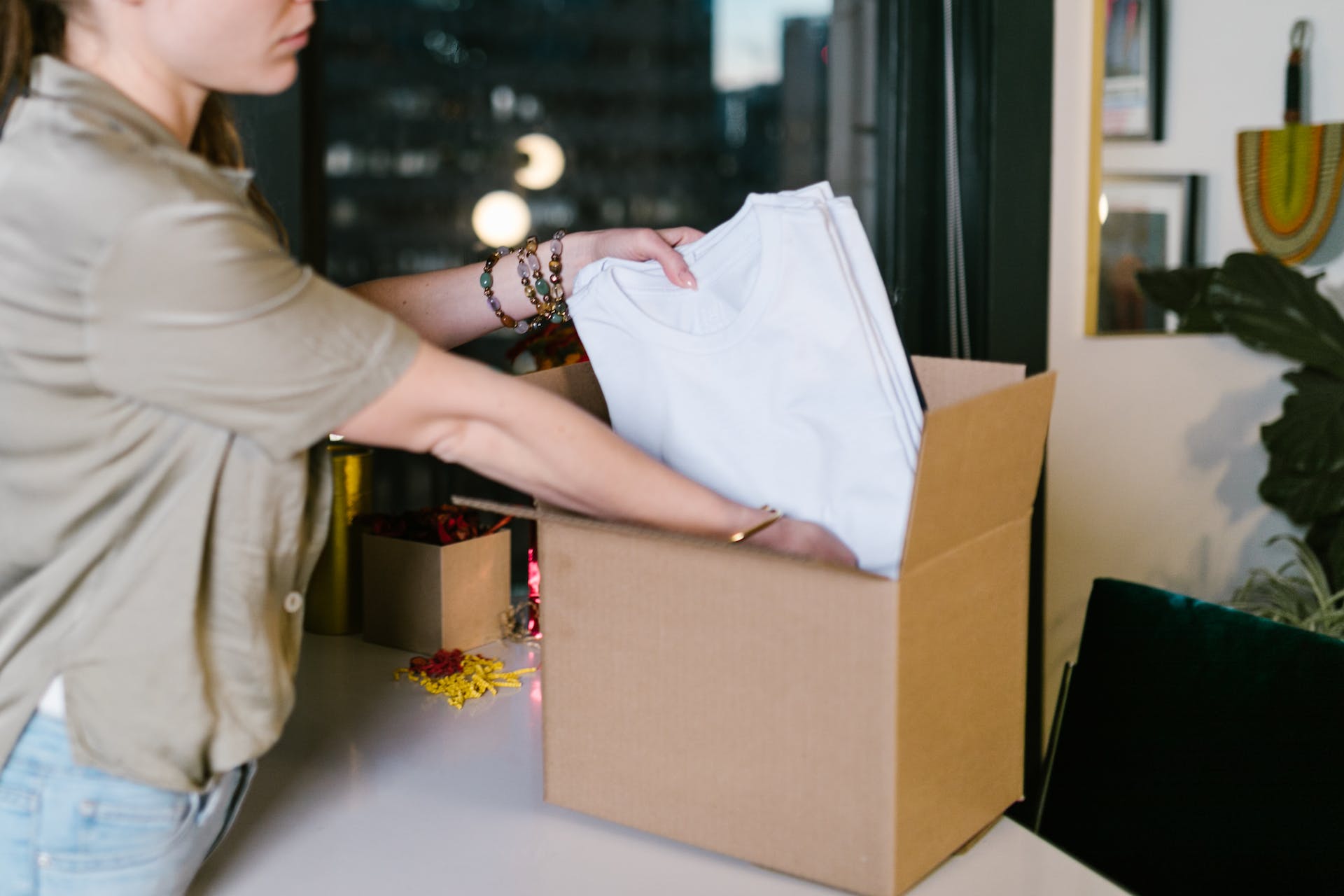Only income made from trading is taxable, and only if it’s more than £1,000 in a tax year. Selling your own personal items isn’t taxable. So, nothing changes for you if you aren’t reselling items to make a profit. You can check the government’s guidance on selling online and reporting taxes here.
What’s happening with the new HMRC tax rules?
Do you sometimes resell unwanted or secondhand items on online platforms like Vinted, Ebay or Depop? If so, you might have been alarmed or confused by the recent headlines about HMRC coming for your pennies.
As of January 1st 2024, online platforms selling goods or services, (like Vinted, eBay, Etsy, Airbnb and Depop) will be required to report the transactions and income that sellers are making on these sites. This reporting applies to both goods and services sold on these sites.
HMRC was always able to request this information, so it isn’t a new tax, but the new rules mean that digital platforms need to actively report this data to them.
Because it’s a common way for people to declutter their homes or make a bit of extra money, many may feel worried about the new rules.
Why are HMRC doing this?
To help online sellers report and pay their taxes correctly, and to make sure everyone is paying tax according to HMRC’s tax rules.
I sometimes sell items online. Will this affect me?
Possibly yes, if you’re reselling items for profit.
You don’t need to worry about paying tax if…
If you’re selling personal, secondhand items online, you don’t need to report anything to anyone, no matter the value. This updated tax act only applies to frequent sellers who are buying items and then reselling them for a profit.
If you aren’t selling items for profit (meaning you’re selling them for less or the same price you originally bought them), you aren’t classified as a ‘trader’. So you won’t be liable for income tax or National Insurance on the money you make.
Online platforms will be obligated to report to HMRC if you make over 30 sales or earn more than £1,735. So if you sell a lot of personal items, it might be a good idea to keep a record of what you’ve sold just in case you’re asked about it.
You do need to pay tax if…
If you were already buying or making items to resell for profit, (whether as a side hustle or your main job) you would already have been categorised as a trader and should already have registered as self-employed and been filing self-assessment tax returns at the end of each financial year.
HMRC’s own definition of a trader is someone who is selling regularly with the intention of making a profit.
All UK residents have a trading allowance of £1,000, which means you can earn up to £1,000 tax free in any tax year without paying income tax or National Insurance. If you earn more than this through any side hustle, you must file a self-assessment tax return at the end of the financial year.

